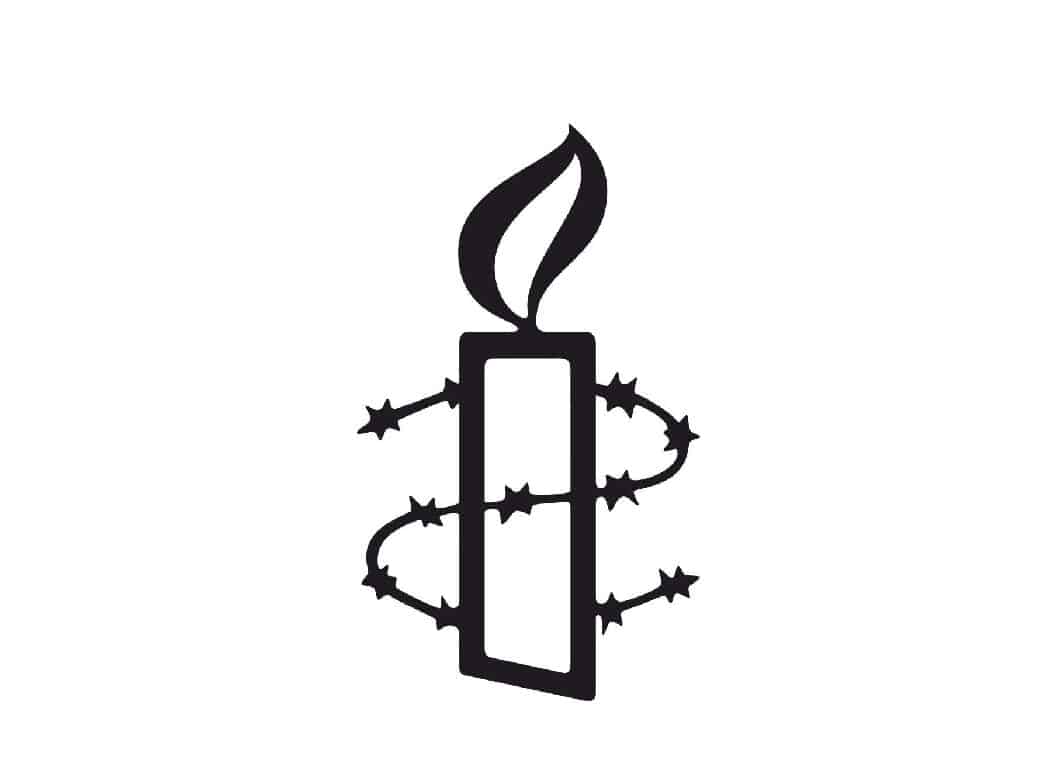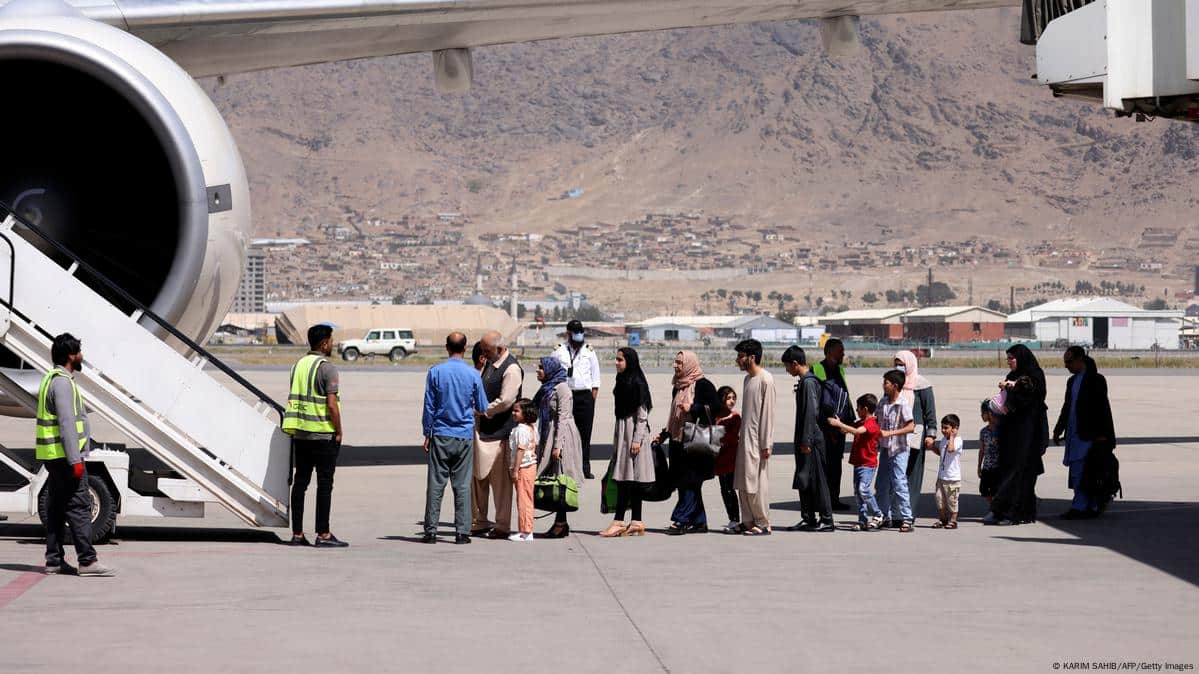
European Court: Afghan Women Are Entitled to Asylum Based on Their Gender and Nationality
محکمه اروپا: زنان افغان به دلیل جنسیت و ملیت خود مستحق پناهندگی اند
بروکسل – دیوان عدالت اتحادیه اروپا (CJEU) می گوید برای اعطای “وضعیت پناهندگی” به زنان افغان، در نظر گرفتن جنسیت و ملیت آنها کافی است. حکم امروز نیاز به بررسی سایر عناصر توسط کشورهای عضو را رد می کند، زیرا در افغانستان، اقدامات تبعیض آمیز علیه زنان به اندازه کافی شدید است تا خطر “تحمل آزار و اذیت” با بازگشت به کشور مبدا را تایید کند.
دیوان عالی قضایی اتریش پس از ارجاع اولیه دادگاه عالی اداری اتریش، که دو زن افغان پس از رد پناهندگی توسط مقامات اتریش، پرونده را به دادگاه ارائه کرده بودند، رای داد. از نظر حقوقی، از طریق مرجع مقدماتی، دادگاه های ملی از دیوان عدالت اداری درخواست می کنند که باید در هنگام رسیدگی به این موضوع از آن تبعیت کنند. در اصل، این به اتحادیه اروپا بستگی دارد که تصمیم بگیرد.
مبنای قانونی برای اعطای وضعیت پناهندگی در اتحادیه اروپا دستورالعمل 2011/95/EU (اشاره به کنوانسیون ژنو 1951 مربوط به وضعیت پناهندگان) است. “پناهنده” به عنوان یک تبعه کشور ثالث تعریف می شود که در معرض خطر آزار و اذیت به دلیل هر عنصر تبعیض آمیز، از جمله “تعلق به یک گروه اجتماعی خاص” است، مانند مورد زنان افغان. علاوه بر شواهد مستدل برای اثبات خطرات بازگشت به کشور مبدا، این دستورالعمل اضافه میکند که قبلاً تحت تعقیب یا آسیب شدید قرار گرفتهاید، دلیل موجهی برای در نظر گرفتن ترس از بازگشت به کشور مبدا است.
پس زمینه
بازگشت به قدرت رژیم طالبان در سال 2021 با نقض شدید حقوق زنان همراه بوده است. اقدامات تبعیض آمیز اعمال شده از محرومیت از هرگونه حمایت قانونی در برابر جنسیت و خشونت خانگی، در برابر ازدواج اجباری، ممنوعیت سخنرانی در جمع، محدود کردن دسترسی به آموزش، اشتغال و سیاست، عدم دسترسی به مراقبت های بهداشتی و عدم آزادی رفت و آمد، و از جمله الزام به پوشاندن کامل بدن و صورت.
اتحادیه اروپا پیش از این در مورد مسائل حقوق بشر، دو وزیر موقت طالبان برای تحصیلات عالی و امر به معروف و نهی از منکر در افغانستان را تحریم کرده بود. به همین ترتیب، در مورد فرمان آگوست در مورد ممنوعیت بیان و نمایش عمومی برای زنان خشم زیادی وجود داشت. جوزف بورل، نماینده عالی اتحادیه اروپا در سیاست خارجی در یادداشتی گفت: «تصمیم اخیر ضربه سخت دیگری به حقوق زنان و دختران افغان است: ما نمیتوانیم آن را تحمل کنیم.»
حکم تاثیرگذار CJUE
این عناصر، شاخصهای زمینهای اجتماعی هستند که در آن چهره زنان و حقوق آنها باطل میشود. حکم امروز CJUE شکی باقی نمی گذارد: اقدامات علیه زنان در افغانستان نقض واقعی حقوق اساسی است.
دادگاه میگوید: «این اقدامات، با هم، بر زنان تأثیر میگذارد به گونهای که آنها به سطحی از شدت مورد نیاز برای ایجاد آزار و شکنجه میرسند» و در مجموع «به انکار آشکار و قاطعانه زنان افغان، به دلیل آنها منجر میشود. فقط رابطه جنسی، از حقوق اساسی مربوط به کرامت انسانی.» یکی از نمونههای آن ازدواج اجباری است که «معادل نوعی بردهداری» یا حتی آزادسازی خشونت خانگی و جنسی است که انواعی از رفتار غیرانسانی و تحقیرآمیز است.
CJUE در تحلیل خود از اعطای وضعیت پناهندگی بر اساس قوانین بین المللی، با در نظر گرفتن گزارش های تهیه شده توسط آژانس پناهندگی اتحادیه اروپا (EUA) و سازمان ملل متحد، به شرایط خطرناک برای ایمنی زنان افغان در صورت بازگشت به رژیم طالبان اشاره کرد. کمیساریای عالی پناهندگان (UNHCR).
دیوان عدالت قضایی تصمیم گرفت که پناهجویان افغان نیازی به اثبات ندارند که «در صورت بازگشت به کشور مبدأ، در صورتی که عناصر مربوط به وضعیت فردی او، مانند ملیت، واقعاً و به طور خاص در معرض خطر آزار و اذیت قرار گیرند. یا جنسیت، نشان داده می شوند.» پس از این حکم دادگاه، دادگاه های ملی باید از نظر اروپایی پیروی کنند و کمک به زنان افغان را به طور مشخص آسان تر می کند.
Brussels – To grant “refugee status” to Afghan women, it will be sufficient to consider their gender and nationality, says the Court of Justice of the European Union (CJEU).
Today’s ruling excludes the need for member states to consider other elements since, in Afghanistan, discriminatory measures against women are sufficiently severe to confirm the risk of “suffering persecution” by returning to the country of origin.
The CJEU ruled after a preliminary reference from the Austrian Supreme Administrative Court, to which two Afghan women had submitted the case after being refused refugee status by Austrian authorities. Legally speaking, through the preliminary reference, national courts request an opinion from the CJEU, which they must comply with when adjudicating the matter. In essence, it is up to the EU to decide.
The legal basis for granting refugee status in the EU is Directive 2011/95/EU (referring to the 1951 Geneva Convention relating to the Status of Refugees). A “refugee” is defined as a third-country national who is at risk of being persecuted for any discriminatory element, including “belonging to a particular social group,” as in the case of Afghani women. In addition to the well-founded evidence to prove the risks of return to the country of origin, the directive adds that having already received persecution or severe harm constitutes a valid reason to consider the fear of return to the country of origin.
Background
The return to power of the Taliban regime in 2021 has involved severe violations of women’s rights. Discriminatory measures imposed range from the deprivation of any legal protection against gender and domestic violence, against forced marriage, prohibition of public speaking out, limiting access to education, employment and politics, lack of access to health care and absence of freedom of movement, and not least, the obligation to cover one’s body and face completely.
The European Union had already sanctioned, on human rights issues, two interim Taliban ministers for higher education and the propagation of virtue and prevention of vice, advocates for bans on education and gender segregation practices in public spaces in Afghanistan. Similarly, there was great outrage over the August decree regarding the prohibition of expression and public display for women. In a note, the High Representative of the EU for Foreign Policy, Joseph Borrell, commented, saying, “The recent decision represents another hard blow to the rights of Afghan women and girls: we cannot tolerate it.”
The CJUE’s impactful ruling
These elements are indicators of a social context in which the figure of women and their rights are nullified. Today’s CJUE ruling leaves no doubt: the measures against women in Afghanistan are real violations of fundamental rights.
“These measures, taken together, affect women in such a way that they reach the level of severity required to constitute acts of persecution,” the court says, and altogether “lead to the flagrant and dogged denial to Afghan women, on account of their sex alone, of fundamental rights related to human dignity.” One of the examples is forced marriage, which is “tantamount to a form of slavery,” or even laissez-faire to domestic and sexual violence, which are forms of inhuman and degrading treatment.
In its analysis of the granting of refugee status under international law, the CJUE noted the risky conditions for the safety of Afghan women should they return to the Taliban regime, also considering reports prepared by the European Union Asylum Agency (EUA) and the United Nations High Commissioner for Refugees (UNHCR).
The CJEU decided that Afghan protection seekers need not prove “that the latter is actually and specifically at risk of being subjected to acts of persecution in the event of a return to her country of origin, if elements relating to her individual situation, such as nationality or sex, are demonstrated.” After this Court ruling, national courts will have to comply with the European opinion, making it concretely easier to help Afghan women.
Source
- Tags
- Europe



